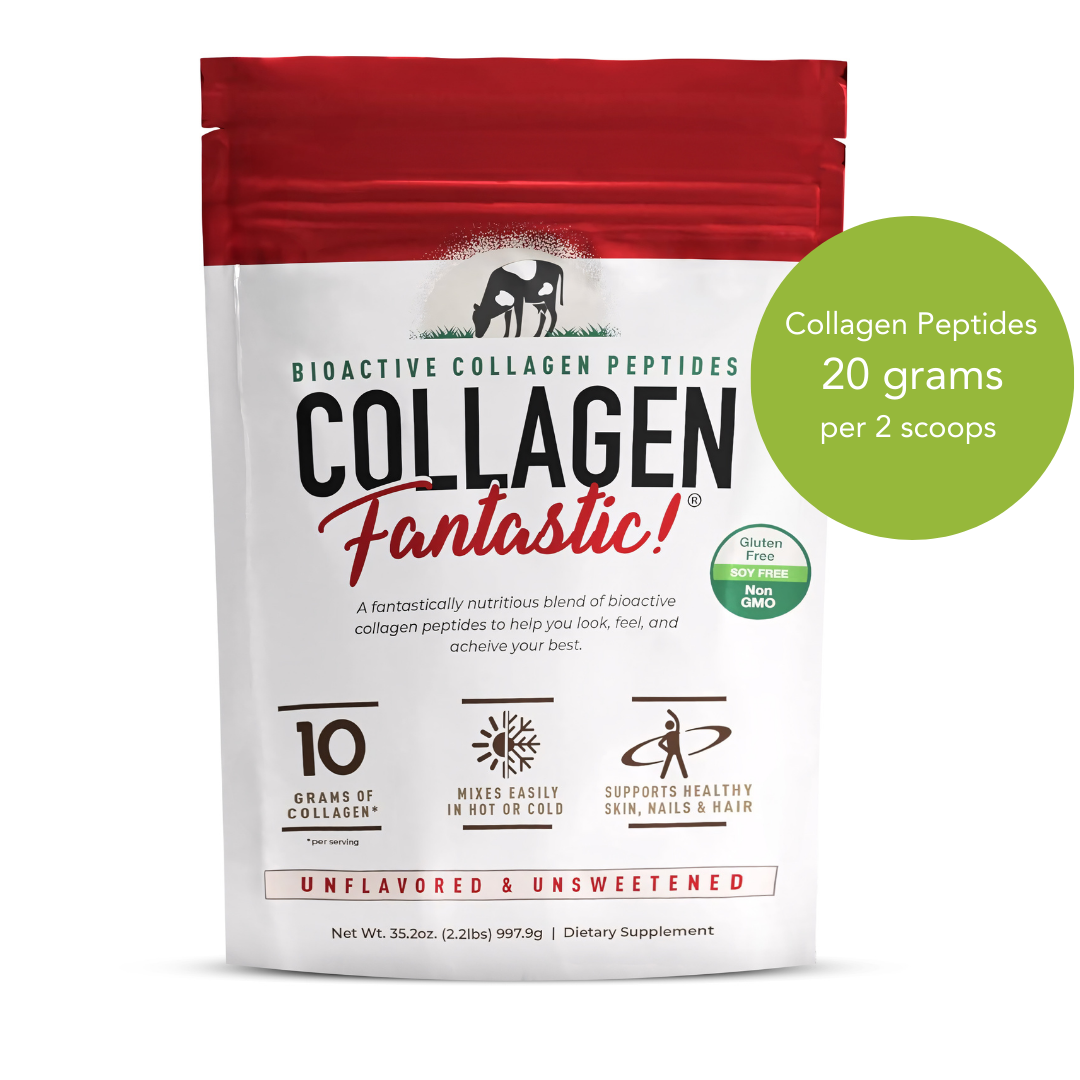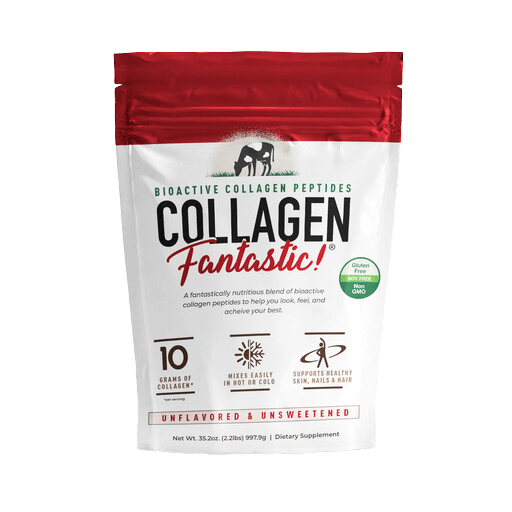Key Takeaways
-
Eating “healthy” doesn’t always mean eating in a way that supports your goals — especially if you’re active.
-
Common mistakes like undereating protein, skipping recovery nutrition, or relying on low-calorie foods can quietly slow progress.
-
Small, consistent adjustments often create the biggest results.
-
Progress comes from balance, not extremes — fueling your body, not just feeding it.
Introduction: When “Healthy” Isn’t Enough
You’re eating clean. You’re watching your portions. You even make time for workouts.
So why does progress feel stuck?
The answer usually isn’t effort — it’s strategy.
Many people do all the “right” things but still miss key nutrition pieces that actually drive results: muscle repair, recovery, metabolism, and energy. Sometimes, the problem isn’t eating poorly — it’s not eating enough of the right things at the right time.
Let’s unpack five of the most common nutrition mistakes that slow progress, even when you’re trying to do everything right — and how to fix them without adding complication or restriction.
Mistake #1: Undereating Protein
Protein isn’t just a “fitness nutrient.” It’s the foundation for muscle repair, hormone regulation, and metabolic health — and it becomes more important with age.
After 40, your body naturally becomes less efficient at using protein for repair and growth. That means you need a little more to get the same effect.
Why It Matters
Protein preserves muscle tissue, which keeps your metabolism strong and your energy steady. Without enough, your body struggles to recover from workouts, and progress stalls — even if your calories are low.
The Fix
Aim for 0.8–1.0 grams of protein per pound of body weight daily, spaced evenly throughout your meals.
A shake or smoothie can make it easy to stay consistent.
-
Fantastic Nutrition Whey Protein provides fast-digesting, complete amino acids that help your body recover and rebuild after workouts.

-
For joint and connective tissue support, Collagen Fantastic adds the amino acids glycine and proline — essential for strong tendons, ligaments, and recovery.

Pro tip: Adding a scoop of protein or collagen to your morning coffee or smoothie is one of the easiest ways to reach your daily target without changing your meals.
Mistake #2: Eating Too Little (Especially When You’re Active)
One of the most common traps for adults trying to get leaner or stronger is undereating.
When you cut calories too aggressively or skip meals, your body shifts into conservation mode.
What Happens When You Undereat
-
Your metabolism slows to preserve energy.
-
Your body breaks down muscle tissue for fuel.
-
Hormones like cortisol (stress) rise, while energy and motivation drop.
You might feel disciplined — but your body feels deprived. And that’s why results plateau.
The Fix
Think “fuel,” not “restriction.”
You need enough calories to support muscle repair and training, especially from protein and complex carbs (like oats, quinoa, fruits, and sweet potatoes).
Creatine Fantastic plays an important role here — it helps your body use energy more efficiently, maintaining lean muscle even during calorie deficits. Its combination of Creapure® creatine and myHMB® helps preserve muscle mass and keeps your metabolism active.
The takeaway: Don’t eat less. Eat smarter — nutrient-dense foods that feed recovery, not just hunger.
Mistake #3: Skipping Recovery Nutrition
A workout breaks your muscles down — what you eat afterward rebuilds them stronger.
Skipping or delaying recovery meals leaves your body in repair limbo, slowing results and increasing fatigue.
Why It Happens
Many people simply don’t feel hungry right after training, or they assume they can “make up for it later.” The problem is that your body’s repair window starts immediately post-exercise.
What It Costs You
Without replenishment, your body:
-
Struggles to rebuild muscle tissue
-
Loses glycogen (energy) stores
-
Increases soreness and fatigue
The Fix
Within 30–60 minutes post-workout, focus on:
-
Protein: To rebuild muscle fibers
-
Carbohydrates: To restore energy stores
-
Hydration: To replace fluid and electrolytes
A quick shake is perfect for this. Try combining:
-
Fantastic Nutrition Whey Protein (fast-acting recovery fuel)
-
Creatine Fantastic (restores energy and reduces breakdown)
-
A banana or handful of oats for carbohydrates
Together, they turn the “after” of your workout into the real growth phase — where progress actually happens.
Mistake #4: Forgetting About Micronutrients
Vitamins, minerals, and antioxidants are often overlooked in performance nutrition, but they’re critical for metabolism, recovery, and overall energy.
Even if your macros (protein, carbs, fats) are solid, missing micronutrients can quietly drag down progress.
Key Players You Might Be Missing
-
Magnesium and potassium: Support muscle contraction and recovery.
-
Iron: Aids oxygen transport for endurance and energy.
-
Zinc and vitamin D: Boost hormone balance and immune function.
-
Vitamin C and collagen-specific nutrients: Support tissue repair and connective health.
The Fix
Aim for a colorful plate. Different pigments in fruits and vegetables signal different micronutrients.
-
Greens for magnesium and antioxidants
-
Oranges and reds for vitamin C
-
Blues and purples for polyphenols (anti-inflammatory benefits)
And remember — Collagen Fantastic gives your body the specific amino acids your diet may lack for connective tissue recovery, something regular protein foods don’t always cover.
Micronutrients are the details that make the big picture work.
Mistake #5: Ignoring Hydration and Electrolytes
Dehydration is one of the most underestimated barriers to progress. Even mild fluid loss can reduce strength, endurance, and focus — not to mention recovery.
Why It Matters
Water supports nutrient transport, muscle contraction, and temperature regulation. When hydration drops, your body can’t perform or recover at full capacity.
The Fix
-
Drink half your body weight (in pounds) in ounces of water daily.
-
Add electrolytes naturally through fruits, leafy greens, or a pinch of sea salt.
-
Increase fluids around workouts, travel, or heat exposure.
Hydration also helps creatine and protein work better — both require adequate water to support cellular energy and repair.
If you feel sluggish or sore after training, it’s often a hydration issue, not a training one.
Putting It All Together: The Nutrition Formula for Progress
Progress in your 40s and 50s isn’t about eating perfectly — it’s about giving your body what it needs to adapt, recover, and stay energized.
When you:
-
Eat enough protein (to rebuild muscle),
-
Fuel consistently (to maintain energy),
-
Recover intentionally (to grow stronger),
-
Include micronutrients (to optimize function), and
-
Stay hydrated (to support every system),
—you’ll start to feel and see the difference: more energy, faster recovery, and better strength.
That’s what eating for progress really means.
Frequently Asked Questions
1. How do I know if I’m not eating enough protein?
If you’re always sore, fatigued, or hungry shortly after meals, you may be under-consuming protein. Most active adults need about 20–35 grams per meal for steady recovery.
2. Do I need supplements if I already eat well?
Supplements fill the small gaps a good diet can’t always cover — like post-workout timing, collagen-specific amino acids, or consistent creatine levels. They complement a strong foundation, not replace it.
3. What’s the best way to structure meals for energy and progress?
Spread your protein and calories evenly across the day. Avoid skipping meals or saving everything for dinner — your metabolism and muscles thrive on steady, balanced nutrition.
4. How long before I’ll see results after fixing these mistakes?
Within two to three weeks, you’ll likely notice better energy, faster recovery, and less soreness. Visible changes in body composition may follow after six to eight weeks of consistency.
The Bottom Line
“Healthy” eating only works if it aligns with your body’s needs.
If you’re training, recovering, and managing a busy life, your nutrition has to support energy, not restrict it.
When you fuel with purpose — adequate protein, balanced calories, hydration, and consistent recovery — progress feels easier, steadier, and sustainable.
Fantastic Nutrition Whey Protein, Collagen Fantastic, and Creatine Fantastic simplify that process: clean, research-backed, and designed for the active body.
They fill the gaps that stall progress — so every workout, meal, and rest day moves you closer to your goals.











